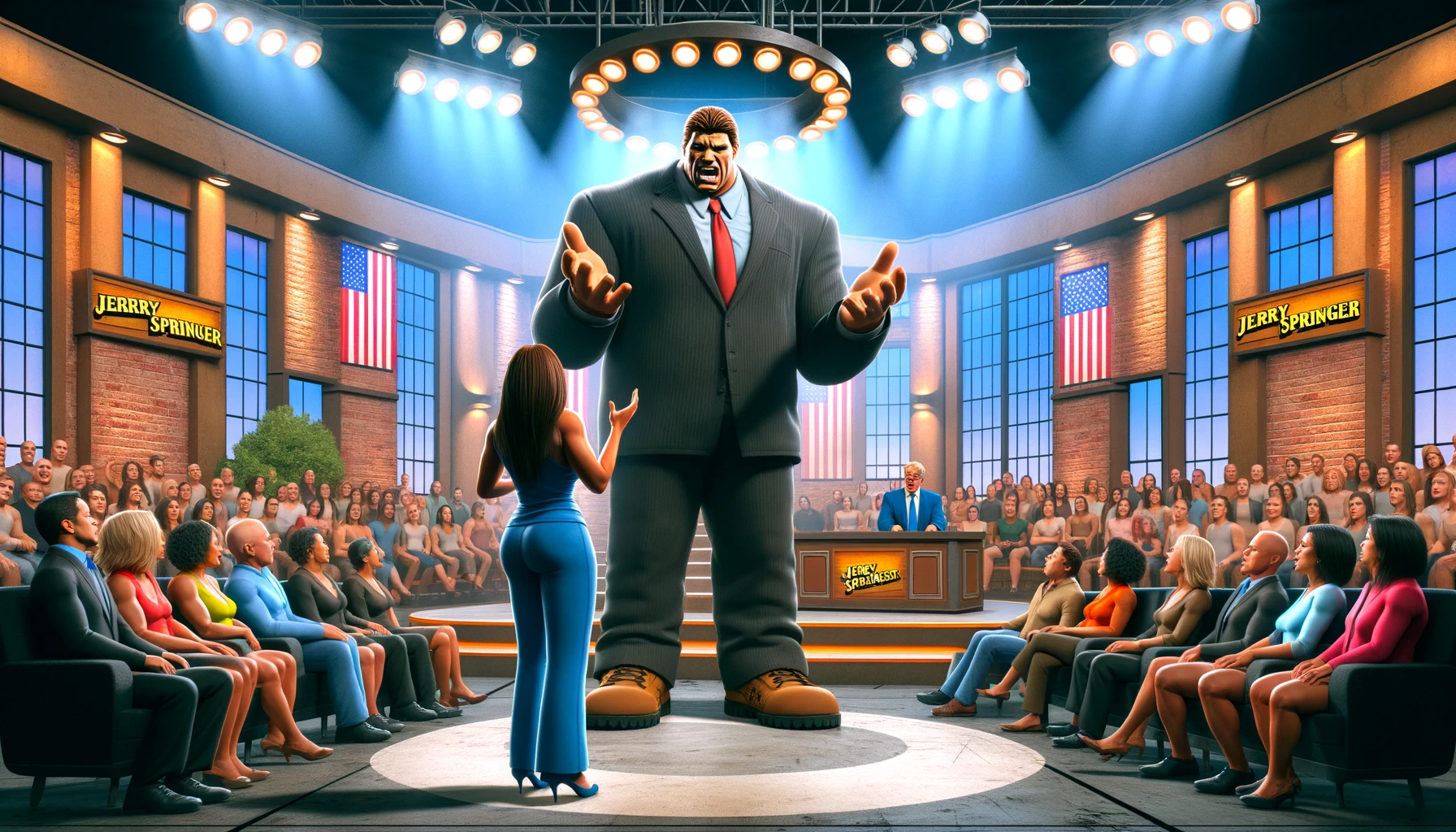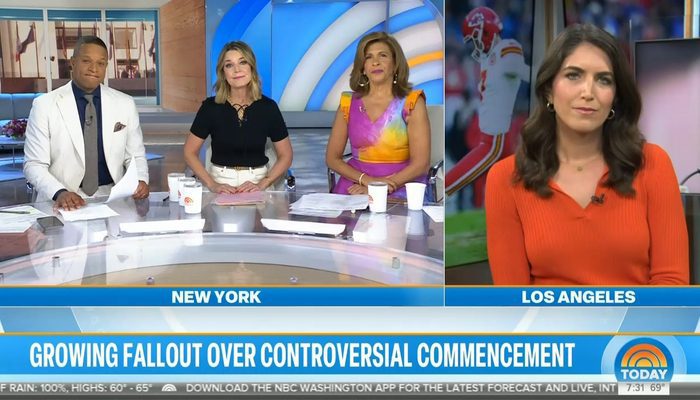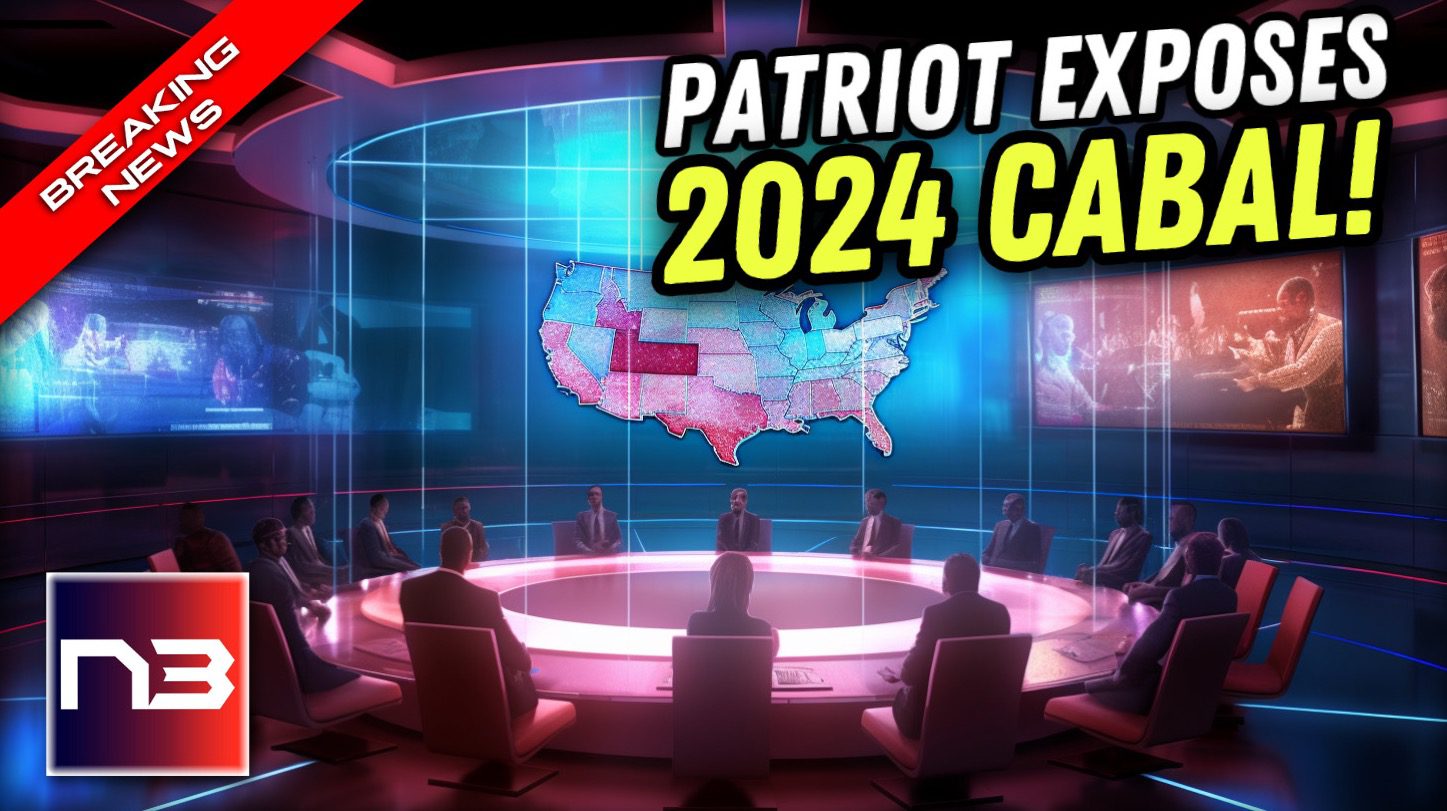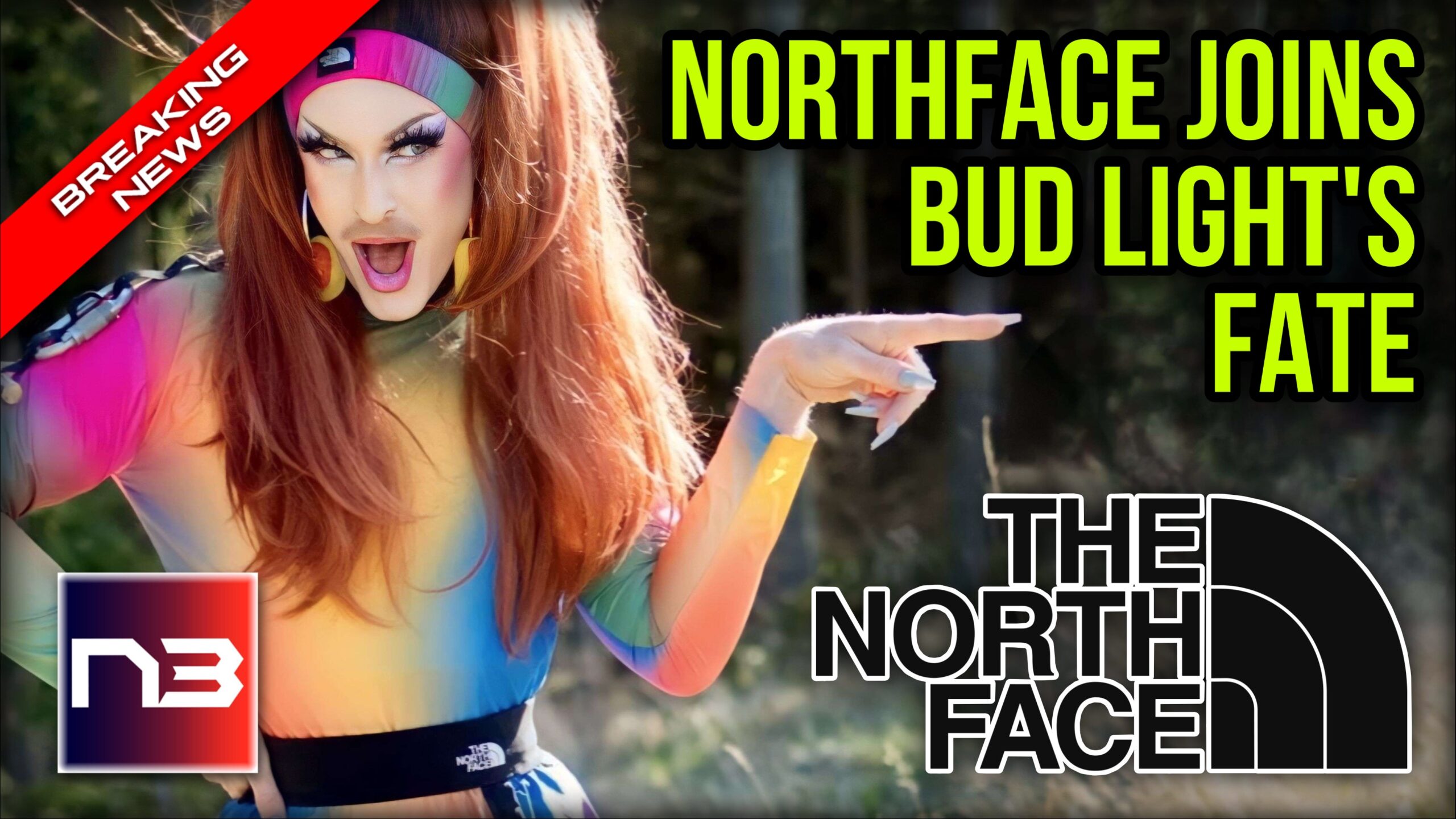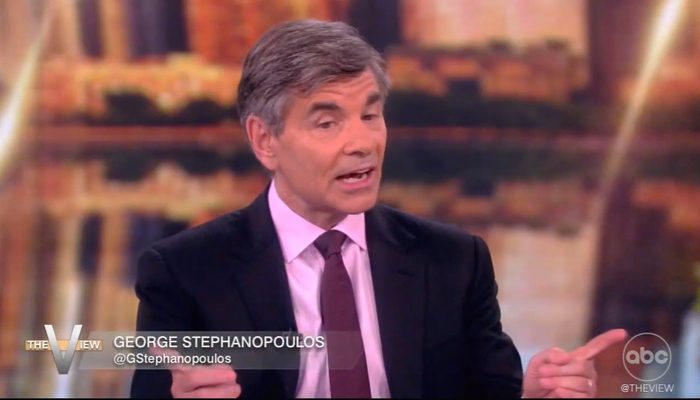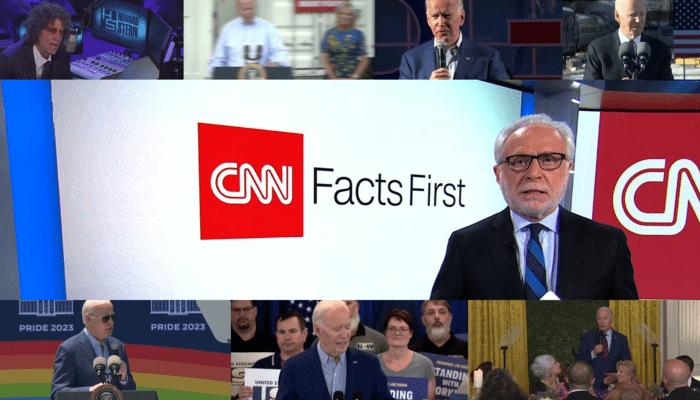In a stark display of iron-clad irony, ice cream giant Ben & Jerry’s gets a frosty scoop of their own medicine, dealing with an unexpected land claim challenge from Chief Don Stevens of the Nulhegan Band of the Coosuk Abenaki Nation. It seems the ice cream mogul’s recent virtue signaling around indigenous land issues has triggered a somewhat frosty response. Can the popular brand weather this chilly storm, or will this land dispute deal a crushing blow to their self-crafted image of socially responsible entrepreneurship?
Ever since Ben & Jerry’s expressed their audacious view about the U.S. existing on stolen indigenous land in a July 4th tweet, the company has been embroiled in a challenging situation.
This 4th of July, it's high time we recognize that the US exists on stolen Indigenous land and commit to returning it. Learn more and take action now: https://t.co/45smaBmORH pic.twitter.com/a6qp7LXUAE
— Ben & Jerry's (@benandjerrys) July 4, 2023
Chief Don Stevens of the Nulhegan Band of the Coosuk Abenaki Nation didn’t waste a moment to call out their hypocrisy, pointing out that their Vermont headquarters, in fact, sits on Western Abenaki land.


It’s as if the ice cream giant scooped out a serving of controversy for itself, highlighting their startling double standards.
Known for inserting themselves into left-leaning activism, the company’s social media post linked to a petition, urging the return of South Dakota’s Black Hills to the Lakota Indians. However, Ben & Jerry’s didn’t anticipate being served their own chilled rhetoric. Stevens’ clever rebuttal raises an uncomfortable question for the brand: will they act on their own call to action and return their ‘stolen land’?


Stevens voiced his expectations to the New York Post, stating his hope to benefit indigenous people through meaningful discourse with the brand. As “place-based people”, the Abenaki see themselves as caretakers of the land, tracing their roots in the region back to a time preceding the recognition of tribes by the state.
Ben & Jerry’s silence thus far is deafening, particularly when it stands in contrast to the loud social advocacy they otherwise trumpet. Unilever, Ben & Jerry’s parent company, faces a significant financial hit as market cap value plummets by $2.5 billion in light of the emerging boycotts. It appears this public land dispute is delivering a blow to the company’s reputation and bottom line.
Ben & Jerry’s activism streak is nothing new. As part of the agreement with Unilever in 2000, Ben & Jerry’s committed to maintaining a role in public activism, aligning with leftist causes. Yet, their selective activism has stirred controversies before, like their 2021 boycott of Israel, perceived by many as anti-Semitic. In the same year, they launched a new flavor supporting the controversial “Defund the Police” movement.
But now, as the company faces a test of their professed values, their lack of response speaks volumes. Their self-styled image as a socially responsible brand is now under intense scrutiny. If they truly uphold the values they preach, will they relinquish their headquarters’ land as a token of respect to the Abenaki people?
As this cold reality unfolds, Ben & Jerry’s now finds itself in a frozen limbo of its own making, caught in an ironic twist of the tale. This tale not only exposes the potential pitfalls of ‘woke capitalism’ but also serves as a stark reminder of the power of Indigenous voices. It will be telling to see if Ben & Jerry’s will melt under pressure or step up to its high-stakes pledge. In the end, will they churn this controversy into a positive action, or will it simply melt away, just like another scoop of ice cream on a hot summer’s day?


